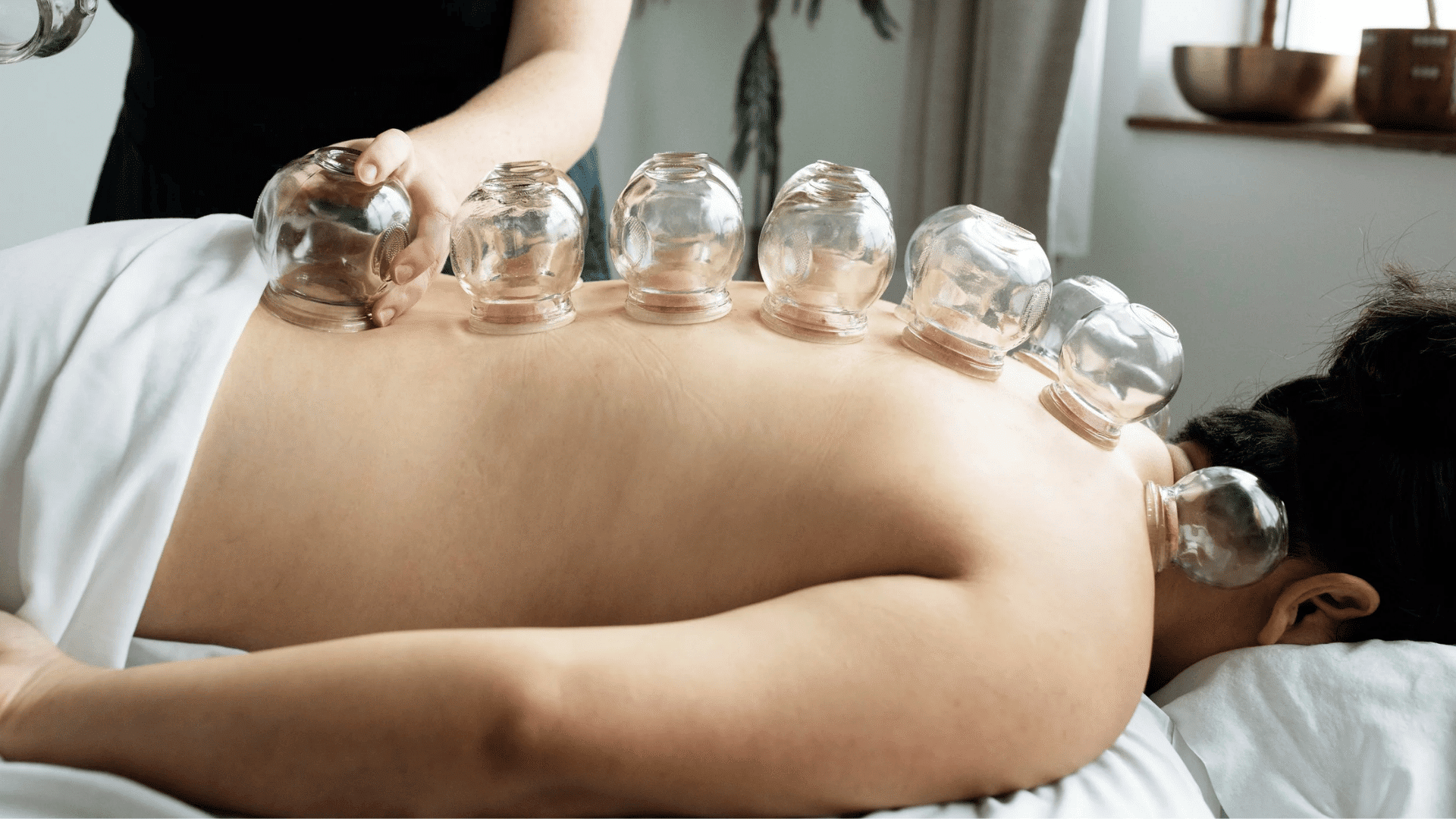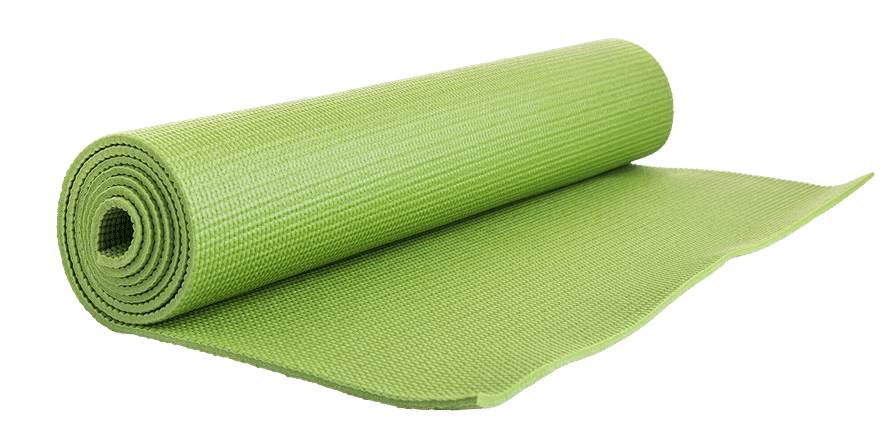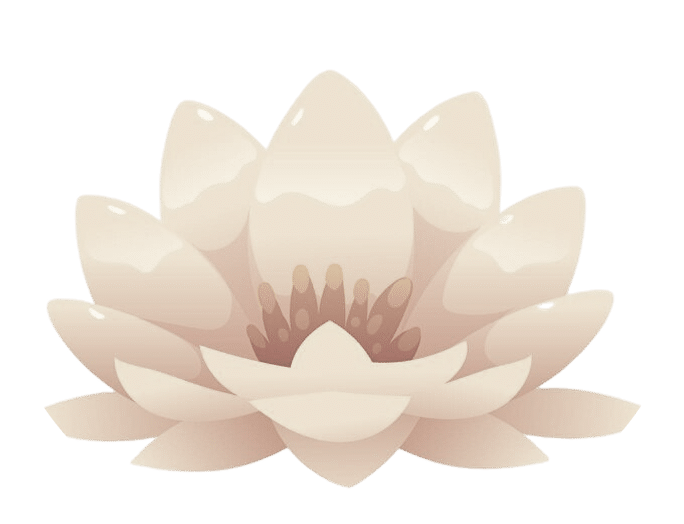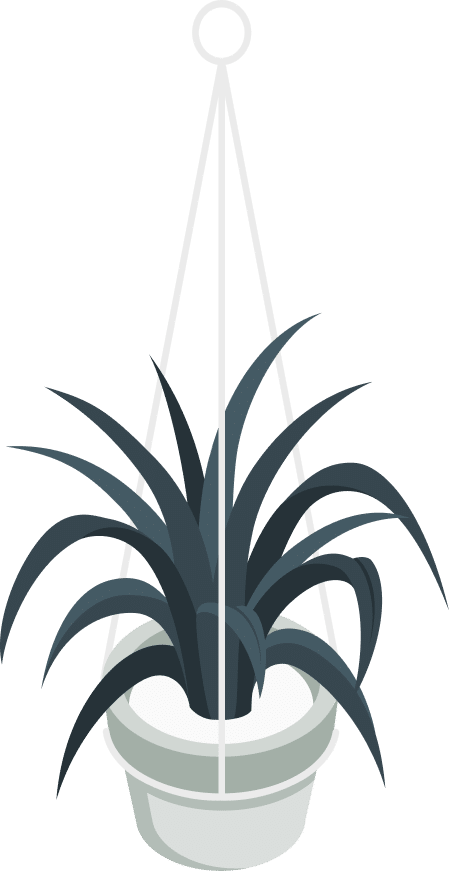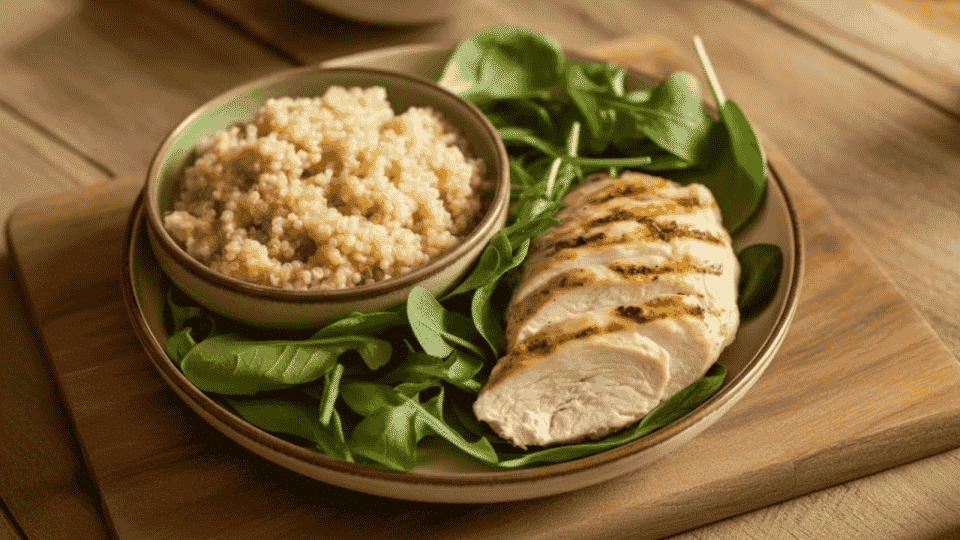Ever wonder if acupuncture really works or if it’s just an old idea people still talk about? You’re not the only one. I used to feel the same way, curious, but unsure what those tiny needles could actually do.
The truth is, science now supports many of the claims acupuncture has made for years. It’s more than just tradition; it has real effects on things like pain, stress, and even sleep.
In this post, I’ll walk you through the top benefits of acupuncture. You’ll get a simple breakdown of how it helps, what it’s used for, and how to find a trained practitioner you can trust.
What is Acupuncture and How Does It Work?
Acupuncture comes from Traditional Chinese Medicine (TCM), a healing system that’s over 3,000 years old. Practitioners insert thin needles into specific points on your body to restore balance and promote healing.
Ancient Theory Meets Modern Science
In TCM, acupuncture works by balancing the flow of energy called Qi (pronounced “chee”). This energy travels through pathways in your body called meridians. When Qi gets blocked, illness and pain can develop.
Modern research shows a different picture. Scientists have found that acupuncture needles stimulate nerves, muscles, and connective tissue.
This stimulation boosts blood flow and triggers the release of natural painkillers called endorphins.
The needles also affect your nervous system. They can calm overactive nerve signals that cause pain and stress. Brain imaging studies show that acupuncture changes activity in areas that process pain and emotions.
Top 10 Benefits of Acupuncture
1. Relieves Chronic and Acute Pain
Pain relief is acupuncture’s most well-known benefit. Clinical trials show it works for many types of pain, including back pain, neck pain, and joint pain.
The World Health Organisation recognises acupuncture as an effective treatment for over 40 pain conditions. It works by blocking pain signals from reaching your brain and releasing natural pain-fighting chemicals.
A large review of studies found that acupuncture provides better pain relief than fake acupuncture or no treatment at all. The effects can last for months after treatment ends.
2. Reduces Stress and Anxiety
Acupuncture helps calm your nervous system and reduce stress hormones like cortisol. Many people feel more relaxed during and after sessions.
Research shows it can be as effective as counselling for treating anxiety disorders. The needles trigger the release of mood-boosting chemicals in your brain, including serotonin and dopamine.
Studies also suggest that regular acupuncture sessions can help you handle stress better over time. Your body learns to maintain a more balanced state even when facing challenges.
3. Improves Sleep and Fights Insomnia
If you struggle with sleep, acupuncture might help. Studies show it can increase sleep time and improve sleep quality for people with insomnia.
The treatment appears to work by regulating melatonin, the hormone that controls your sleep-wake cycle. It also reduces the racing thoughts and physical tension that keep you awake.
Many people notice better sleep within just a few sessions. The effects often continue even after treatment stops, suggesting lasting changes in sleep patterns.
4. Enhances Digestion and Gut Health
Acupuncture can help with various digestive problems, from acid reflux to irritable bowel syndrome (IBS). It works by improving communication between your brain and digestive system.
The treatment helps regulate stomach acid production and intestinal movement. This can reduce symptoms like bloating, cramping, and irregular bowel movements.
Research shows promising results for conditions like gastroparesis (delayed stomach emptying) and functional dyspepsia (chronic indigestion). Many patients report fewer symptoms and better quality of life.
5. Strengthens the Immune System
Regular acupuncture sessions may help boost your immune function. Studies show it can increase white blood cell activity and improve your body’s response to infections.
The treatment appears to balance immune system activity. It can strengthen a weak immune system or calm an overactive one that causes allergies and autoimmune problems.
Some research suggests that acupuncture during cold and flu season may reduce your risk of getting sick. It may also help you recover faster if you do catch something.
6. Eases Menstrual Cramps and Hormonal Imbalance
Women often turn to acupuncture for menstrual problems and hormonal issues. Studies show it can reduce the severity of menstrual cramps and regulate irregular periods.
The treatment works by improving blood flow to reproductive organs and balancing hormone levels. It can help with PMS symptoms like mood swings, bloating, and breast tenderness.
Research also shows benefits for menopause symptoms. Acupuncture may reduce hot flashes, night sweats, and sleep problems during this transition.
7. Supports Fertility and Reproductive Health
Many couples use acupuncture as part of their fertility treatment. Studies suggest it may improve success rates when combined with IVF and other assisted reproductive technologies.
The treatment can help regulate menstrual cycles and improve egg quality in women. For men, it may improve sperm count and motility.
Acupuncture also helps reduce stress related to fertility struggles. This emotional support may indirectly improve conception chances by creating a more balanced internal environment.
8. Alleviates Allergies and Sinus Issues
Seasonal allergies and chronic sinus problems often improve with acupuncture treatment. The needles help reduce inflammation in the nasal passages and sinuses.
Studies show that acupuncture can decrease allergy symptoms like sneezing, a runny nose, and itchy eyes. It works by stabilizing immune cells that release histamine during allergic reactions.
The treatment may also help prevent sinus infections by improving drainage and reducing inflammation. Many people find they need fewer allergy medications after starting acupuncture.
9. Improves Mental Clarity and Focus
Acupuncture can help clear mental fog and improve concentration. This benefit often develops gradually over several sessions.
The treatment improves blood flow to the brain and helps balance neurotransmitters that affect focus and memory. It may also reduce inflammation that can interfere with brain function.
Some studies suggest acupuncture might help with attention problems and mild cognitive decline. More research is needed, but early results look promising.
10. Boosts Overall Energy and Well-Being
Many people report feeling more energetic and balanced after acupuncture sessions. This overall improvement in well-being is one of the most common benefits patients describe.
The treatment helps optimise your body’s natural healing processes. By improving circulation, reducing inflammation, and balancing the nervous system, acupuncture can help you feel more like yourself again.
This energy boost often comes with better sleep, less pain, and improved mood. The combination creates an upward spiral of better health and vitality.
Note: Always seek acupuncture treatment from a licensed, certified professional. Acupuncture works best as a complementary therapy and should not replace conventional medical care, especially for serious health issues. Consult your healthcare provider before starting any new treatment.
Conditions Commonly Treated with Acupuncture
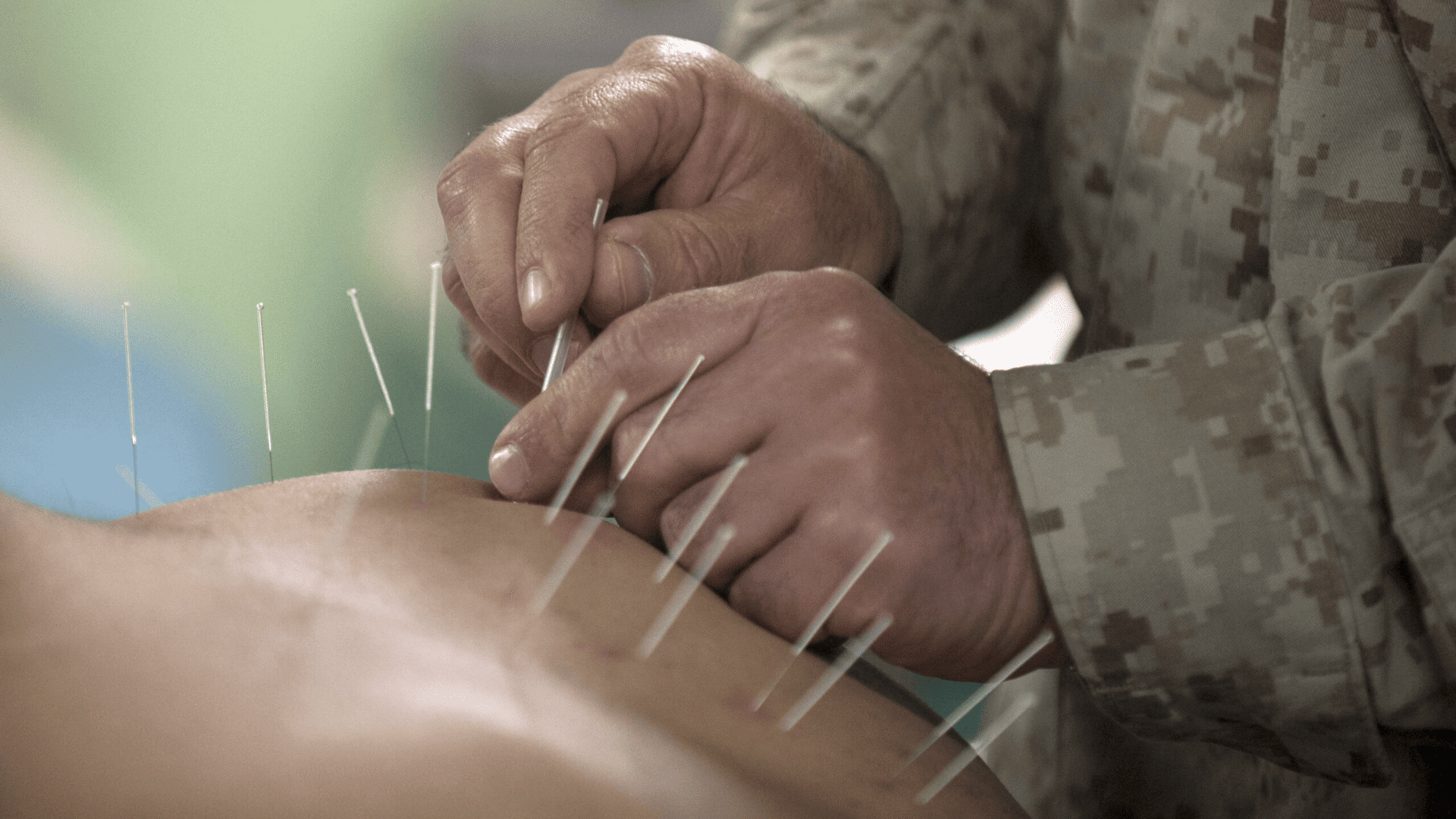
Acupuncture can help with many health conditions beyond the top 10 benefits listed above. Here are some of the most common problems people seek treatment for:
- Pain Conditions: Arthritis, fibromyalgia, migraines, headaches, sciatica, tennis elbow, carpal tunnel syndrome
- Mental Health: Depression, anxiety, PTSD, seasonal affective disorder, addiction recovery
- Digestive Issues: Nausea, vomiting, constipation, diarrhea, inflammatory bowel disease
- Respiratory Problems: Asthma, chronic cough, frequent colds, sinusitis
- Women’s Health: Infertility, pregnancy symptoms, postpartum depression, endometriosis
- Neurological Conditions: Stroke recovery, Bell’s palsy, peripheral neuropathy, epilepsy
Acupuncture vs. Other Holistic Therapies
Acupuncture shares some similarities with other alternative therapies, but there are important differences.
| Therapy | Method | Best For | Session Length | Self-Treatment |
|---|---|---|---|---|
| Acupuncture | Thin needles in specific points | Chronic pain, stress, hormonal issues, complex conditions | 30-60 minutes | No |
| Acupressure | Finger pressure on the same points as acupuncture | Mild pain, stress relief, headaches | 15-30 minutes | Yes |
| Dry Needling | Needles in muscle trigger points | Muscle pain, sports injuries, knots | 15-30 minutes | No |
| Massage Therapy | Hand pressure on muscles and soft tissue | Muscle tension, relaxation, and circulation | 30-90 minutes | Limited |
| Cupping | Suction cups on the skin surface | Muscle pain, inflammation, and blood flow | 20-30 minutes | Yes (basic) |
| Reflexology | Pressure on feet, hands, and ears | Stress, general wellness, and organ function | 30-60 minutes | Yes |
Your best choice depends on your specific needs and preferences. Acupuncture tends to be most effective for complex, chronic conditions that affect multiple body systems.
How Many Acupuncture Sessions Do You Need?
The number of acupuncture sessions you need depends on your condition and how your body responds. Most practitioners recommend starting with 6-8 sessions over several weeks.
What to Expect
Acute problems like a recent injury might improve in just a few sessions. Chronic conditions that have been present for months or years typically require more treatments.
Your acupuncturist will likely suggest sessions 1-2 times per week initially. As you improve, visits may spread out to once weekly or monthly for maintenance.
During Your Session
Each session typically lasts 30-60 minutes. Your practitioner will ask about your symptoms and examine relevant areas of your body.
The needle insertion is usually painless or causes only mild discomfort. Most people find the experience relaxing. You might feel a slight tingling or warm sensation around the needles.
After insertion, you’ll rest quietly for 15-30 minutes while the needles do their work. Many people fall asleep or enter a deeply relaxed state during this time.
Acupuncture Myths vs. Facts
Let’s clear up some common misconceptions about acupuncture.
| Myth | Fact |
|---|---|
| Acupuncture is just a placebo effect | Brain imaging studies show that acupuncture causes real, measurable changes in brain activity and body chemistry. |
| The needles are painful | Acupuncture needles are much thinner than injection needles. Most people feel little to no pain during treatment. |
| You have to believe in it for it to work | Acupuncture works on animals and sceptical people; your belief doesn’t determine its effectiveness. |
| It’s not scientifically proven | Thousands of research studies support acupuncture for various conditions like pain, stress, and nausea. |
| All acupuncturists are the same | Training and skill levels vary widely. Always choose a licensed practitioner with proper credentials and experience. |
How to Find a Qualified Acupuncturist?
Finding the right practitioner is crucial for safe, effective treatment. Here’s what to look for:
Check Credentials
Look for practitioners who are licensed in your state. Most states require completion of an accredited acupuncture program and passing a national certification exam.
The National Certification Commission for Acupuncture and Oriental Medicine (NCCAOM) provides certification that most states recognise. You can search their directory online.
Questions to Ask
When choosing an acupuncturist, ask about:
- Their education and training background
- How many years they been practising
- Experience with your specific condition
- Treatment approach and typical number of sessions needed
- Fees and insurance coverage
Red Flags to Avoid
Be cautious of practitioners who:
- Promise miracle cures or unrealistic results
- Pressure you to buy expensive packages upfront
- Don’t use sterile, single-use needles
- Aren’t licensed or certified
- Don’t ask about your medical history
- Make exaggerated health claims
Insurance Coverage
Many insurance plans now cover acupuncture for certain conditions. Check with your provider about coverage limits and approved practitioners in your network.
Safety Tips to Follow Before Proceeding with Acupuncture
Acupuncture is generally very safe when performed by a qualified practitioner using sterile, single-use needles. Serious side effects are rare.
- Share your full medical history and medications.
- Inform your practitioner if you’re pregnant.
- Eat a light meal before your appointment.
- Wear loose, comfortable clothing.
- Stay well hydrated before and after treatment.
- Report any discomfort or unusual symptoms immediately.
- Rest and avoid intense activity after your session.
- Consult your doctor if you have a chronic condition or a pacemaker.
Final Thoughts
I hope this gave you a better understanding of the top 10 benefits of acupuncture and how it might fit into your health routine.
It’s not a one-size-fits-all solution, but for many people, it adds relief where other options fall short.
If you’ve been dealing with pain, stress, or just feel out of balance, acupuncture could be worth looking into. You don’t have to figure it all out at once; just start by learning more and talking to someone you trust.
Thanks for reading. If you’re curious about other wellness ideas or need more simple tips, feel free to check out the rest of the blogs. There’s plenty here to help you take the next step.




